Can’t-Miss Takeaways Of Info About How To Deal With High Fever
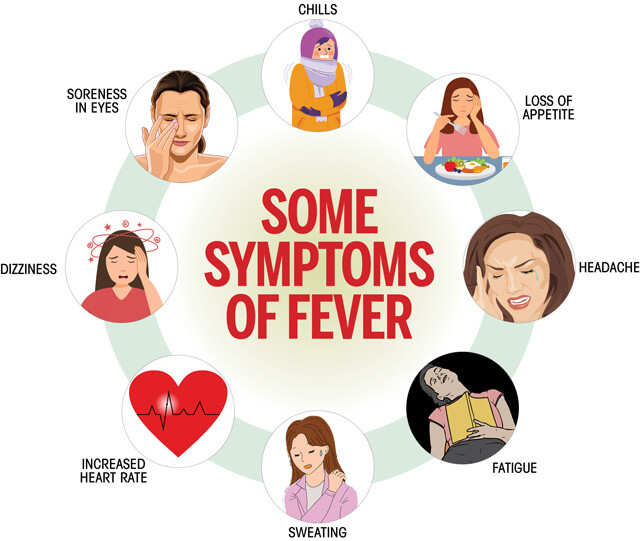
Call the doctor if the fever is accompanied by a severe headache, stiff neck, shortness of breath, or other unusual signs or symptoms.
How to deal with high fever. Viral fevers can range in temperature from 99°f to over 103°f (39°c), depending on the underlying virus. If you find yourself with a fever or caring for someone who does, there are a few ways to break a fever. While a high fever on its own may not warrant a trip to the.
If your fever is making you uncomfortable or if you're concerned about a fever running too high, there are plenty of methods you can use to bring it down. Fever itself is not an illness—it’s a symptom of one. How to deal with cedar fever.
Seizure loss of consciousness confusion stiff neck trouble breathing severe pain anywhere in the body swelling or inflammation of any part of the body vaginal. Treating a fever will not cure the underlying illness, and many doctors argue that treating a fever serves no medical purpose. So, in essence, your body’s natural defenses can.
If you do have a fever, remember this: Infections, including the flu and pneumonia. Don’t bite the thermometer when the thermometer beeps, read your temperature on the screen:
As with covid, fever — defined. Take ibuprofen or acetaminophen for any discomfort. There are many causes of a.
1 take your temperature with a thermometer. Never use cold baths, alcohol rubdowns, or more than the prescribed dose of any fever medication. Aspirin should not be used for children or.
You can consider using cold packs if a fever is especially high. Talk to your doctor if your child’s fever lasts more than 72 hours. Having a fever can sometimes cause headaches, as well as joint and muscle pain.
Things to try range from staying hydrated to ensuring you get. Some possible causes include: Hold the tip of the thermometer under your tongue until it beeps;
Along with rising covid, flu and rsv cases, it's also peak time for cedar fever in texas. If you have a viral fever, you might have some of. In fact, there is little scientific evidence.
Some immunizations, such as diphtheria or tetanus (in children) teething (in infants). A viral fever is any fever that happens as a result of a viral.




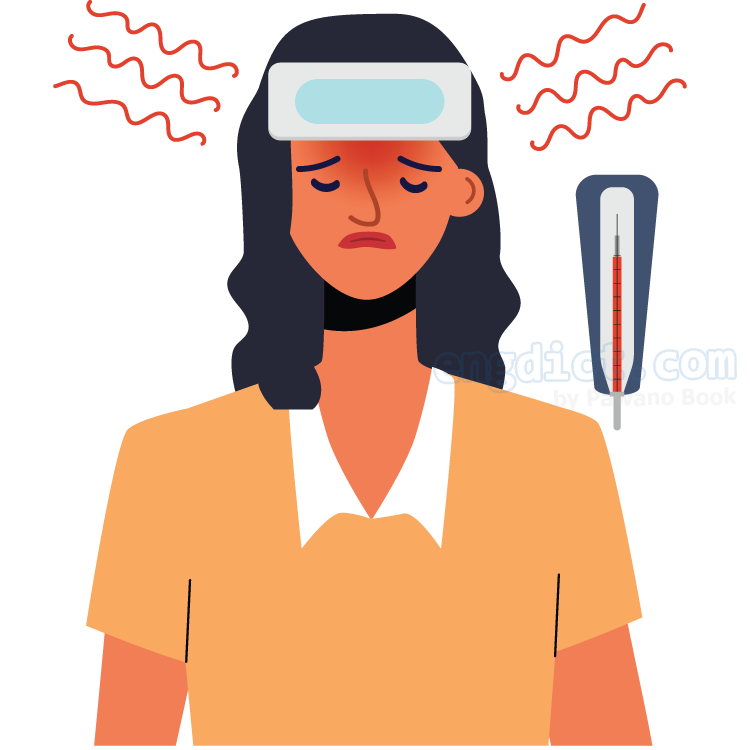
.jpg)
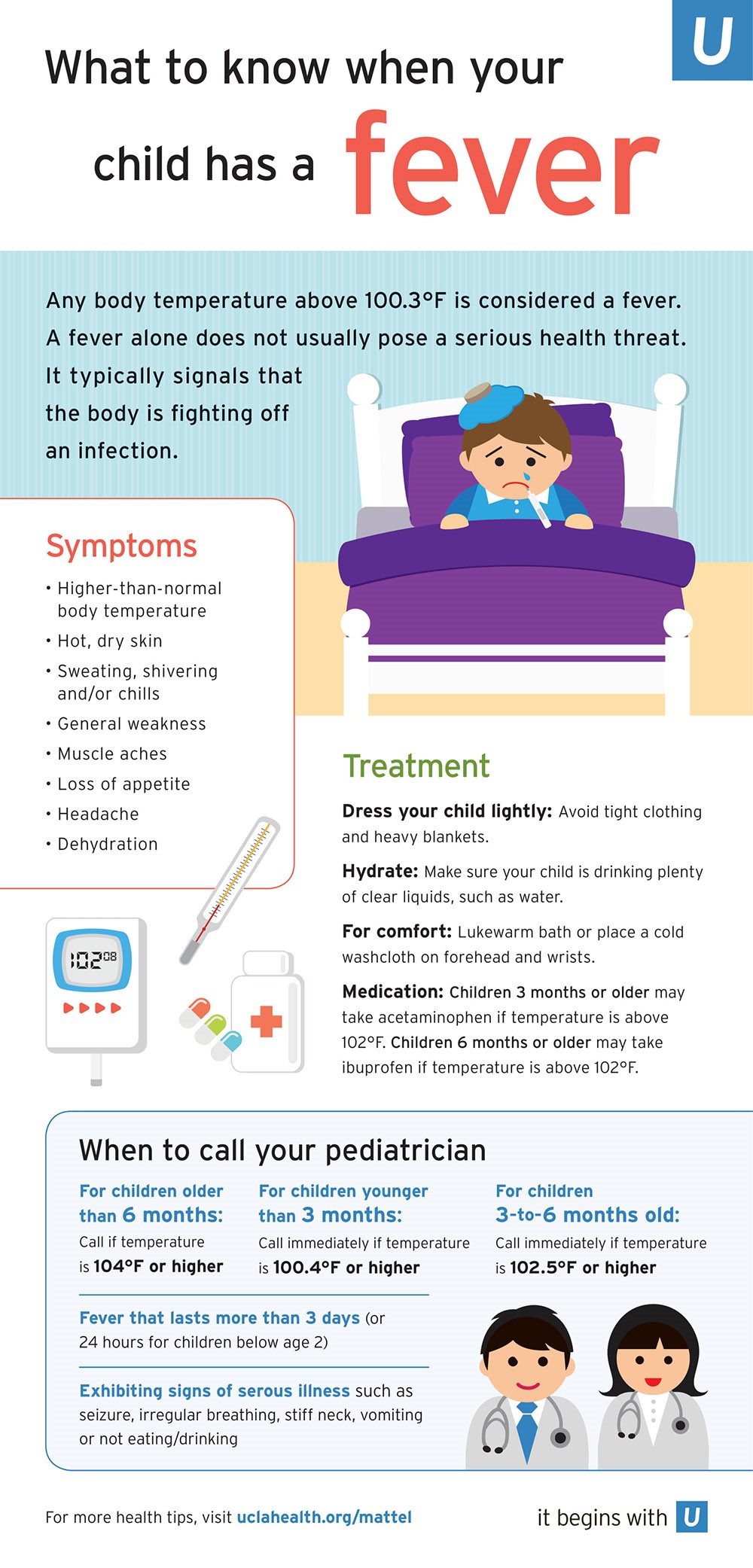
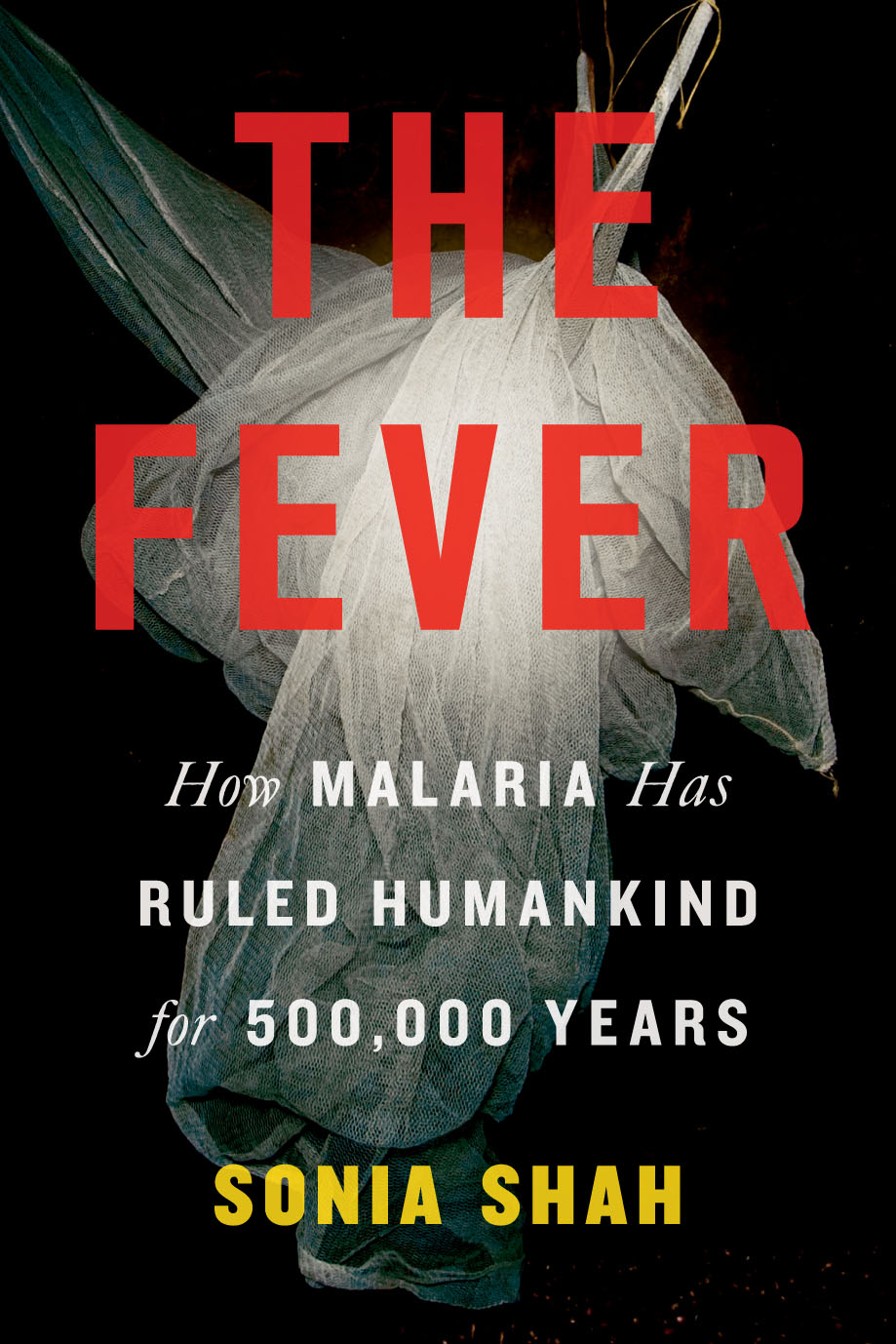







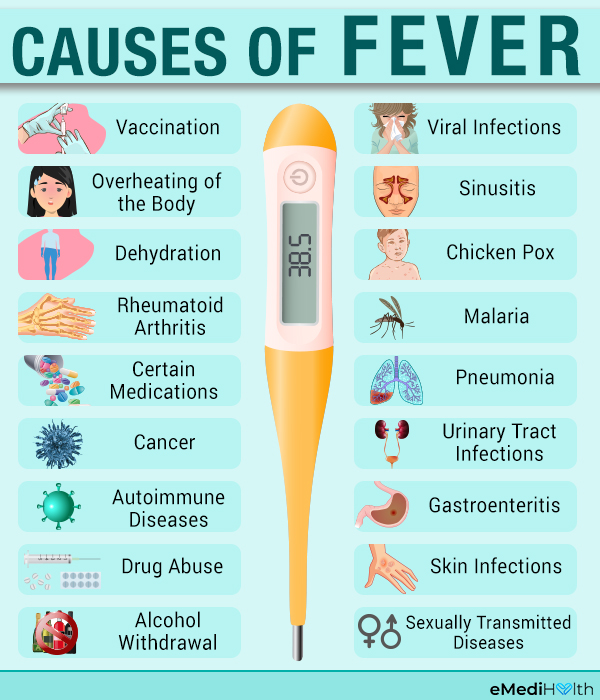
:max_bytes(150000):strip_icc()/fevers-and-chills-770260-v2-64bf0a8a76d44da78199eb9af176cebc.jpg)

